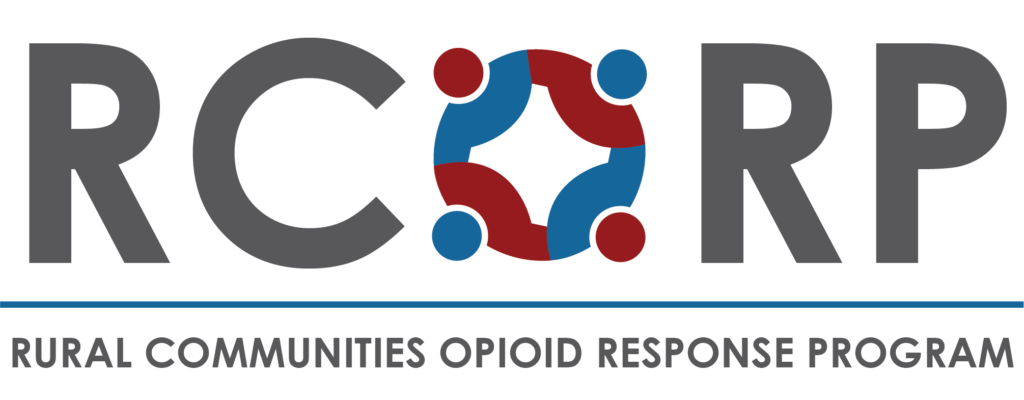Implementing contingency management into rural recovery housing
Implementing contingency management into rural recovery housing: recommendations of a professional advisory expert panel.
Rural Recovery House Management – Understanding & Responding to NIMBYism in Rural Communities
NIMBY (Not In My Back Yard) is a characterization of opposition by residents in a rural or urban community, to proposed developments in their local area. This course can assist you with recognizing and navigating situations where NIMBY occurs.
How to Solve Funding Problems with LIHTC
Low Income Housing Tax Credits (LIHTC) may help your organization build a recovery house as part of your community’s ecosystem.
Recovery Kentucky – A Peer-Led, Peer-Driven, Empowerment Social Model of Recovery
Developed in the early 2000’s and consisting of 17 facilities across the state of Kentucky, Recovery Kentucky has evidence-based outcomes showing the positive impact of recovery housing for the individual and the community.
How to Select a Site
“Finding the right spot for a recovery residence isn’t easy. Considerable time, effort, and forethought are required, but due diligence in advance can pay off handsomely later. That’s because location is so important to a home’s ultimate success or failure. This is particularly true in rural areas because of the close-knit, symbiotic relationship houses have with the surrounding community. No residence is an island, but in remote areas the recovery houses must be especially mindful of location so they can access the services needed to provide a complete Continuum of Care.”
How to Handle NIMBY
When a recovery housing site is proposed, the project may be met with a “Not in My Backyard (NIMBY)” reaction from the community members. This guide includes a methodology and checklist to proactively address NIMBY issues in your community.
How to Build Recovery Housing
This guide provides a stepwise approach to help you establish a local working group to initiate and oversee the development of recovery housing and services to meet the needs of your rural community.
Fundraising for Rural Recovery Houses
The viability of rural recovery houses can be strengthened through effective and well-thought-out fundraising efforts. This guide can support rural recovery houses seeking to develop their fundraising plans.
How to Implement Medication Assisted Recovery in Rural Residential Settings
This resource provides guidance on the importance of medication assisted recovery, through treatment with medications for opioid use disorder (MOUD), in addressing the opioid epidemic. Topics include how to find local healthcare providers, and how to manage medications in the recovery housing setting.
A Guide for Choosing the Right Program for your Recovery House
Rural recovery homes may choose from a variety of recovery programs to use in their homes. This toolkit aims to assist rural recovery homes in choosing one or more programs that best fit the population they serve.

